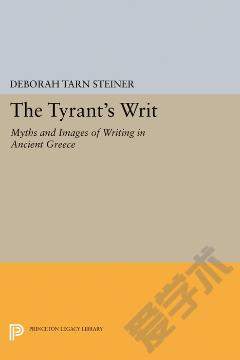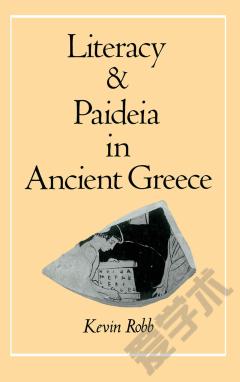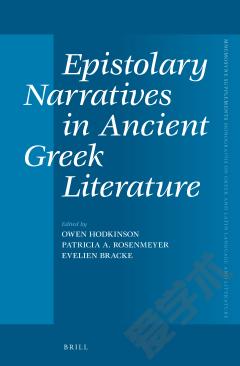The Tyrant's Writ —— Myths and Images of Writing in Ancient Greece
----- 暴君的命令:古希腊神话和图像
Covering material as diverse as curse tablets, coins, tattoos, and legal decrees, Deborah Steiner explores the reception of writing in archaic and classical Greece. She moves beyond questions concerning ancient literacy and the origins of the Greek alphabet to examine representations of writing in the myths and imaginative literature of the period. Maintaining that the Greek alphabet was not seen purely as a means of transcribing and preserving the spoken word, the author investigates parallels between writing and other signifiers, such as omens, tokens, and talismans; the role of inscription in religious rites, including cursing, oath-taking, and dedication; and perceptions of how writing functioned both in autocracies and democracies. Particularly innovative is the suggestion that fifth-century Greek historians and dramatists portrayed writing as an essential tool of tyrants, who not only issue written decrees but also "inscribe" human bodies with brands and cut up land with compasses and rules. The despotic overtones associated with writing inform discussion of its function in democracies. Although writing could promote equal justice, ancient sources also linked this activity with historical and mythical figures who opposed the populist regime. By examining this highly nuanced portrayal of writing, Steiner offers a new perspective on ancient views of written law and its role in 5th-century Athenian democracy.
{{comment.content}}








 京公网安备 11010802027623号
京公网安备 11010802027623号